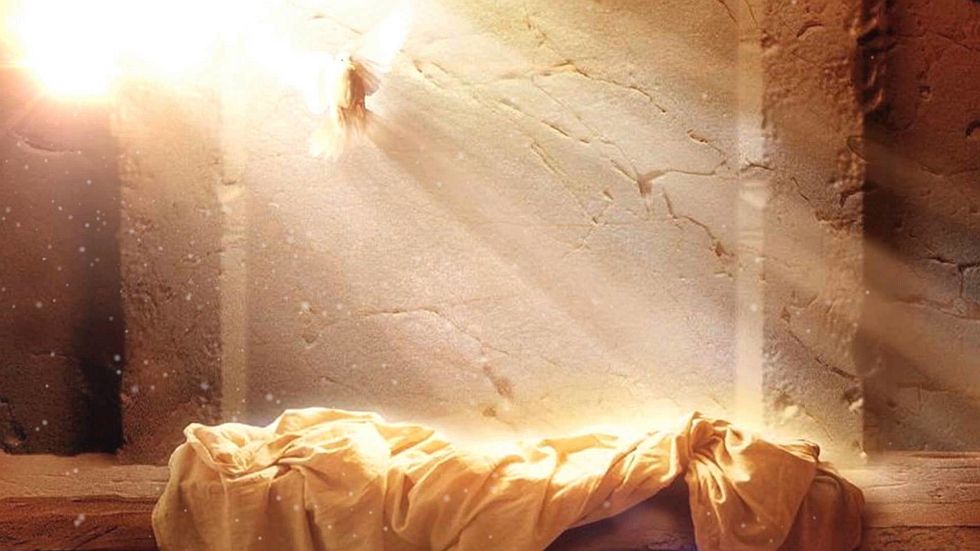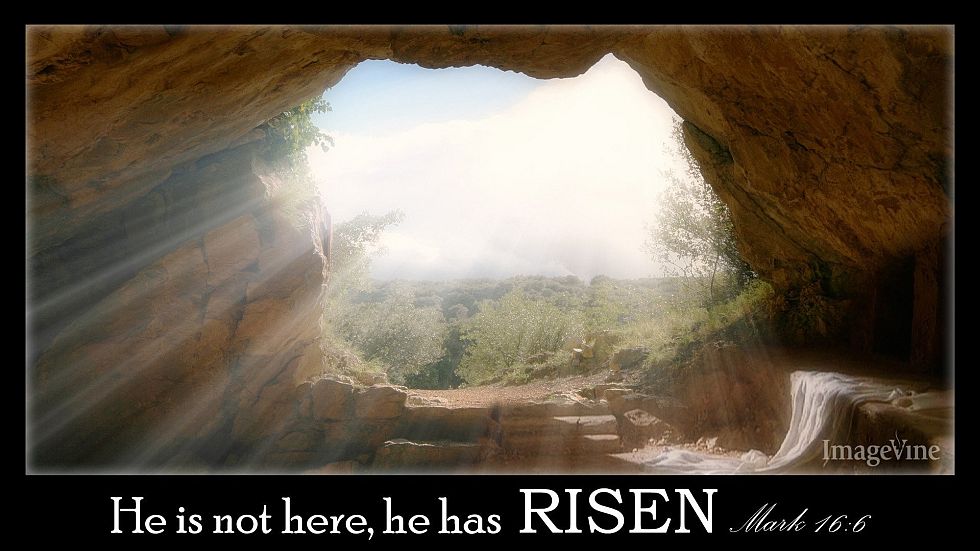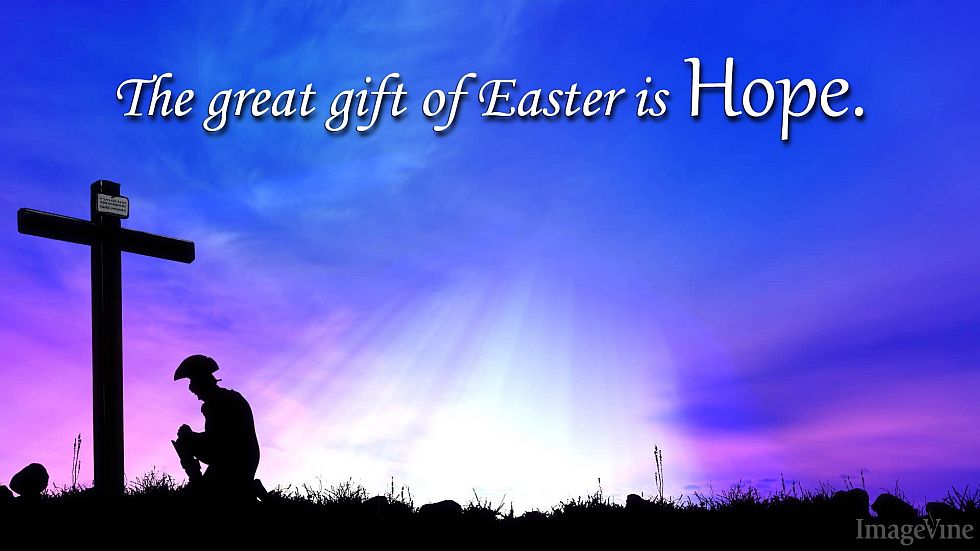Our identity as disciples of Jesus is something that should impact every aspect of our being - including the way we vote. Christians have a shared faith but not a shared vision of how politics works for the common good. We're studying a resource pack (Think, Pray, Vote) which doesn't put forward any particular view, but offers four 'lenses' which we can use to view and interpret the messages and promises we receive from candidates and canvassers.
These are: Truth, Justice, Peace and Wellbeing.
While not exclusively Christian terms, we believe these get to the heart of God's purpose for human society. They can help Christians, in our capacity as voters, to take a distinctive view of politics based on our commitment to Christ.
By suggesting 'Love your neighbour: think, pray, vote' we are challenging any political message that asks 'what's in it for me' by asking instead 'what is in the interests of the common good?'
TALKING ABOUT JUSTICE ...
A GOD OF JUSTICE
The God we encounter in Scripture takes justice seriously: he is often described as a 'God of Justice', and justice and righteousness are foundational values in God’s Kingdom (Psalms 89:14). God does not only demand justice, it is something he loves (Psalms 11:7 and 33:5; Jeremiah 9:24). When people worship God they celebrate what God has done to restore justice (Psalms 103:6 and 140:12). Worship of God cannot be separated from a quest for justice (Psalms 106:3 and 112:5).
JUSTICE IN THE OLD TESTAMENT
Two concerns of the Hebrew Bible are the justice of God and the reflection of God's justice on earth. Israel's foundation was centred on the just action of God in delivering his people from oppression and captivity in Egypt and giving them a law at Mount Sinai. This law was to ensure that they acted justly in the Promised Land. They were not to impose on others the slavery they themselves had endured.
ONE RULE FOR ALL
What is God's justice like? While some Old Testament laws seem outmoded and even offensive to some people today, they were revolutionary by comparison with the laws of other nations in that they applied equally to all. There was one standard for both rich and poor, the indigenous citizen and the immigrant (Leviticus 19:15; Deuteronomy 1:16 and 25:13-16; Proverbs 22:2). Even the king was not above the law and could be held accountable to God and the nation for his faithfulness in applying the law.
Society did not always embrace these values of fairness, however, and prophets like Isaiah and Amos cited the rejection of social justice as a key contributor to the disasters that befell God's people (Isaiah 1:15-17; Amos 2:6-7). The coming of Christ was heralded as the moment when God would restore justice, as declared by Mary during her pregnancy (Luke 1:51-55) and embraced by Jesus at the start of his ministry. Luke records Jesus reading publicly from Isaiah 61:1-2 - which speaks of a figure anointed to preach good news to the poor and release for the oppressed - and proclaiming 'Today this scripture has been fulfilled in your hearing.' (Luke 4:16-21). Followers of Jesus should also be consumed by a quest for justice.
HUNGER AND THIRST FOR JUSTICE
If justice appears to have a lower profile in the New Testament than in the Old, this is because some English versions of the Bible use the word 'righteousness' where the original Greek could be translated 'justice'. Some Christians also want to see Jesus’ mission as solely concerned with people's spiritual or psychological condition. However, Jesus' original hearers would have understood him to be addressing real issues of justice, including economic justice — as in the incident where he overturned the tables of exploitative traders in the temple, recorded in all four gospels (Matthew 21:12; Mark 11:15; Luke 19:45-46; John 2:13-16).
Jesus wanted his hearers to hunger and thirst for justice and seek first the kingdom of God and God's justice (Matthew 5:6, 6:33). He saved his harshest words for those who claimed to know God but who 'neglected the weightier matters of the law: justice and mercy and faith' (Matthew 23:23).
The justice we seek needs to be defined by God. The parable of the hired workers (Matthew 20:1-16) reminds us that God's values do not always sit easily with our own. God wants all to have what they need, and he lavishes undeserved favours on his children.
GOD’S JUSTICE FOR TODAY
God is the God of every nation. While much in our society may seem unfair, we live well compared with many in our world. Our definitions of justice should not simply revolve around ourselves and what is 'fair' for me: seeking first the kingdom means wanting our neighbour to be treated fairly and our laws to operate justly for all — rich and poor, native and stranger. We should want all to enjoy the generosity of God’s provision.
The words of the prophet Micah have increasingly challenged and inspired God’s people in our contemporary world: "He has told you, O mortal, what is good; and what does the Lord require of you, but to act justly, and to love kindness, and to walk humbly with your God?" (Micah 6:8).
DOORSTEP QUESTIONS:
How will your party address economic systems that leave many developing nations disadvantaged and impoverished?
How will you ensure that everyone in the UK has equal access to justice when they need it?
What for you is the most significant aspect of injustice in our society today? What will you seek to do about it?






